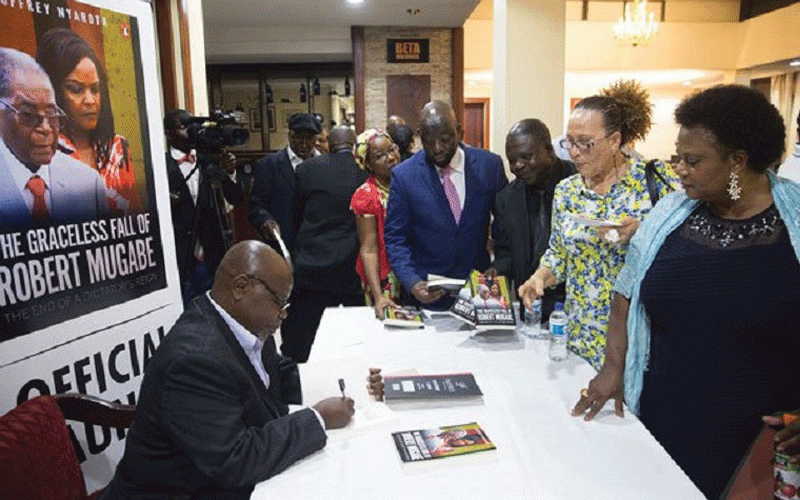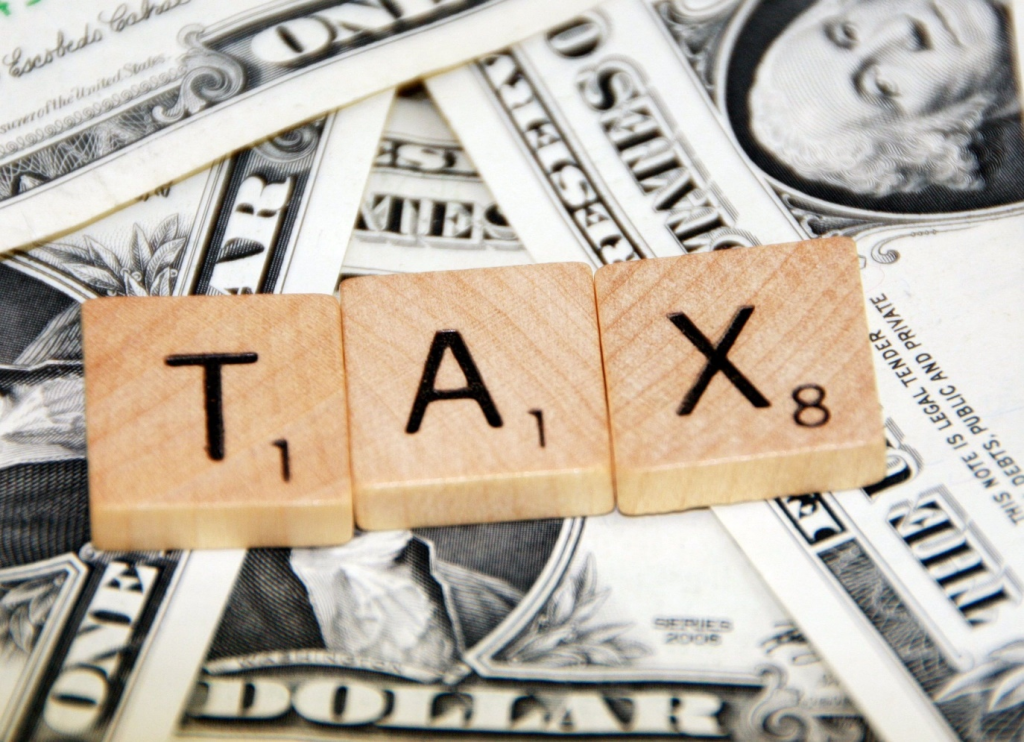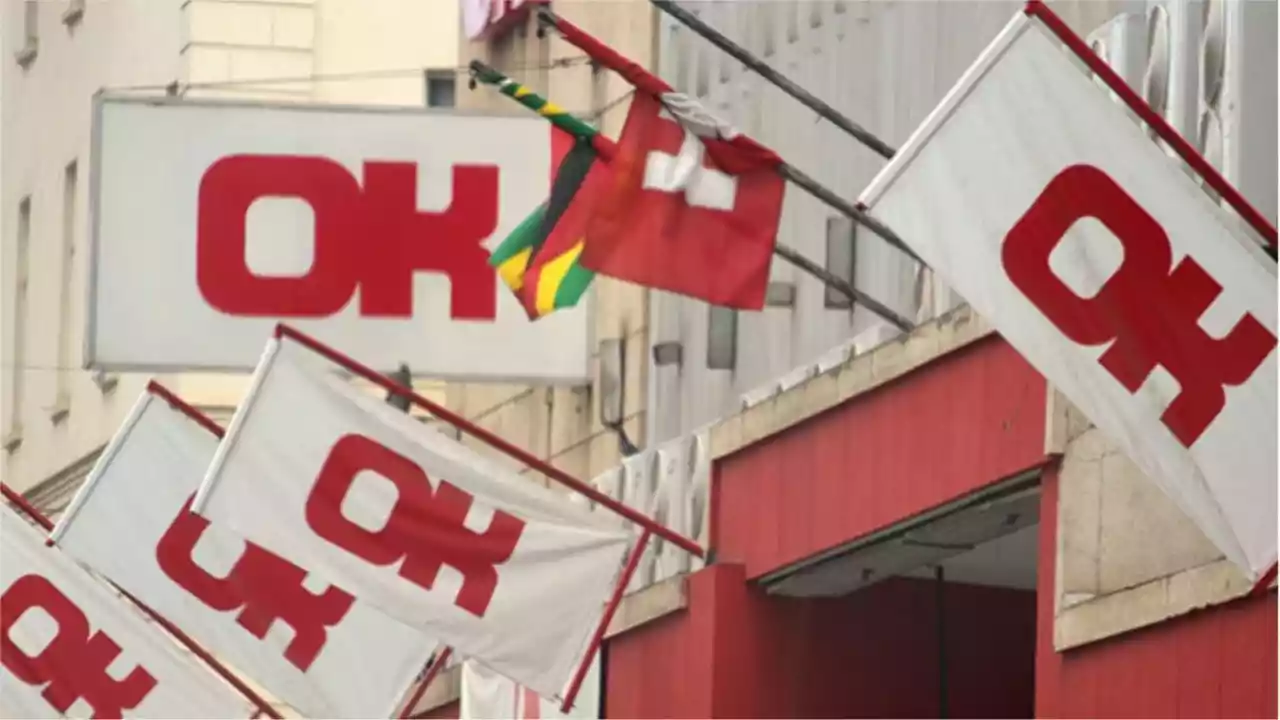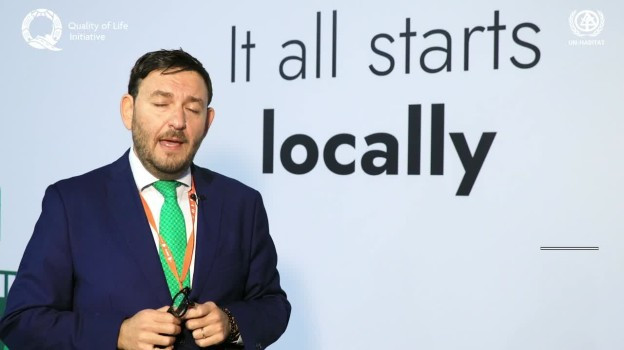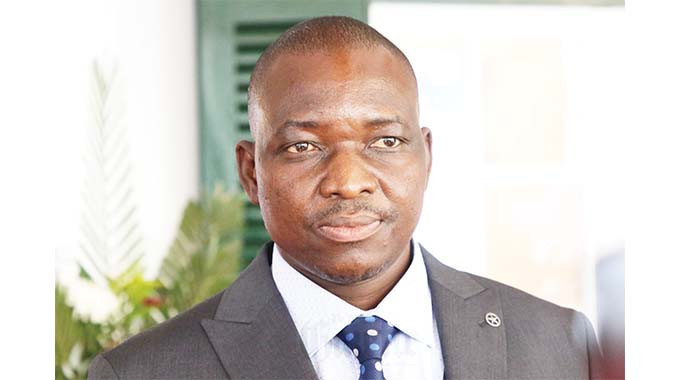
THE year 2022 is coming to an end and it would be remiss for the year to end without dishing out awards to those who have gathered the worst of the muck for the year and, boy, has there been a race to the gutter!
Most bizarre remarks
There has been no shortage of individuals who have suffered from a severe bout of verbal diarrhoea during the year. A major contender in this category was the Energy minister Zhemu Soda.
Speaking during the official launch of a United Nations Sustainable Development Goals (UN SDG) Fund and Stakeholder Engagement function in Harare, Soda said the country relied more on Kariba hydro-energy for electricity during the winter cropping season, thereby exhausting its water allocation.
“Because of what we were experiencing at Hwange Power Station, the faults that are currently obtaining at the boilers — we had to depend on Kariba Dam more than the Zambians did; especially during winter when we wanted to produce adequate wheat,” he said “It was a strategy and it worked because we will not import wheat because of the bumper harvest.”
Well it is this strategy that the clueless minister claimed had plunged the country into prolonged power outages crippling industry and threatening jobs. To boast of such makes his remarks a shoo-in for the award.
However, the garrulous parliamentarian Temba Mliswa takes the award after claiming that being an Member of Parliament in Zimbabwe is “dangerous” in a bid to justify the US$40 000 loans they received.
Falling asleep during debate or being called to order for unruly behaviour is hardly grounds for danger making this gross exaggeration by Mliswa the most bizarre remark of 2022.
- Chamisa party defiant after ban
- Village Rhapsody: How Zimbabwe can improve governance
- News in depth: Partisan police force persecutes opposition, shields Zanu PF rogue elements
- Chamisa chilling death threat bishop defiant
Keep Reading
Most preposterous decision
Zanu PF is not new to appalling decisions as its track record over the years has shown and this year was no different. The decision to impose a 40% capital tax on traders who dispose of their shares in less than 180 days has rendered the Zimbabwe Stock Exchange uncompetitive. This ill-thought out decision has contributed to it being the worst performing bourse in the region and is a contender for this award.
Another strong contender for this award of infamy was the decision by the government to hike interest rates to a global hike of 200%. This baffling decision has not only discouraged bank lending, the lifeblood of financial institutions, but has also created the risk of a significant increase in non-performing loans.
Any of these daft decisions could have won the award comfortably in most years, but even these were surpassed by the preposterous decision to suspend banks from lending, which resulted in shareholders of Dairibord failing to get their dividend and agricultural companies abruptly, cutting off lending to farmers amid market mayhem.
Although it lasted for just 10 days, this horrendous decision created irreparable damage to market and investor confidence making it easily the most preposterous decision of 2022.
Worst performing ministry
As the ministry, which was responsible for the most preposterous government decisions above, the Ministry of Finance comes in with a strong shout for the award.
The Ministry of Health, which lost 4 000 workers over the last year, also throws its hat in for the award with doctors at the major public health institution, Parirenyatwa Hospital, recently exposing the parlous state of affairs in which patients were dying from preventable diseases and on-call doctors being forced to sleep in their cars.
This is an embarrassment for a ministry superintended by the country’s Vice-President Constantino Chiwenga. However, the worst performing ministry was the Ministry of Energy and Power Development who, through the excessive use of water at Kariba South by the Zimbabwe Power Company despite warnings, resulted in the country being plunged into prolonged power cuts, which crippled business and threatened jobs.
Worse still was the confusion that emanated from the ministry. Deputy Energy minister Magna Mudyiwa blamed consumers’ failure to pay for electricity as the major cause, in stark contrast to her boss Soda, who attributed it to the overuse of water at Kariba South for the winter wheat crop. It was all in all a dog’s breakfast by the ministry, making it the worst performing ministry of 2022.
Most obscene spending
This category was closely contested with the government sending 264 at a minimum cost of nearly US$1,6 million to the Conference of the Parties to the United Nations Framework Convention on Climate Change (COP27) held in Sharm El-Sheikh, Egypt, including youth representatives not attached to any organisation and graphic designers being a strong contender for this award.
However, it pales in comparison to the dishing out of loans in hard currency to ministers, deputy ministers and MPs running into millions at a time sectors, such as health and education are crippled of funding.
Even the Citizens Coalition for Change parliamentarians, who would usually fume over such spending, were rendered mum as they also benefited from this largesse. This was easily the most obscene government spending of 2022.
Most wayward prediction
This award can only be taken by the Reserve Bank of Zimbabwe governor John Mangudya. This has always been a tricky area for the government.
Who can forget President Emmerson Mnangagwa’s bullish remark that Zimbabwe was on the cusp of greatness after inflation fell to two digits in July 2021?
The central bank boss boldly projected that annual inflation would end the year at between 20 to 30% at the beginning of the year, which was dismissed as a “dollop of Zanu PF propaganda” by economist Tony Hawkins.
So it proved as the chaos on the exchange rate helped hike that figure back to three-digit inflation this year. It stood at 255% for November, a far cry from the projections at 80 Samora Machel Avenue.
This is probably why Finance minister Mthuli Ncube did not project any annual inflation target in the 2023 national budget in November. Such a projection off the mark by Mangudya wins the award hands down.

